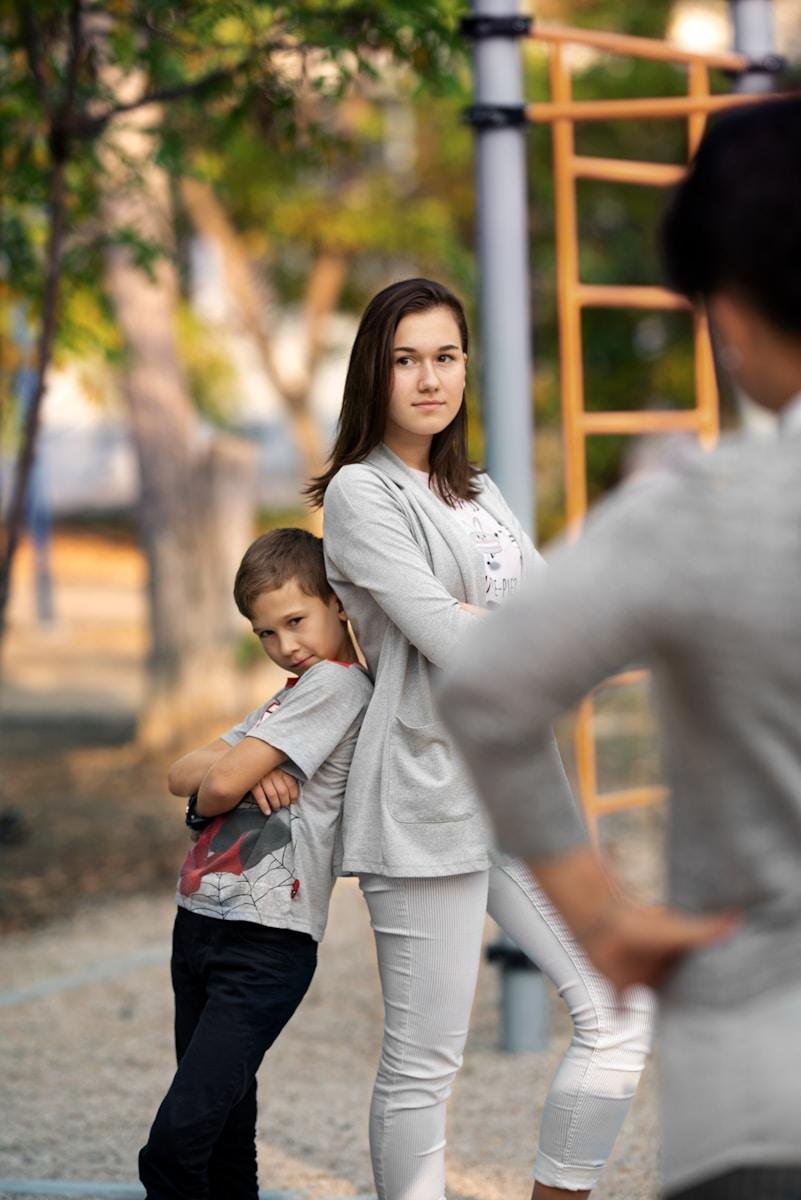By Brian Briscoe, LPC, LMFT
Founder of PLACE – Parents Living After Child Estrangement
Let’s just be honest from the start: estrangement from a family member—especially your own child—can be traumatic.
I don’t use that word lightly.
I work in trauma-informed care every day, and I’ve come to understand that trauma doesn’t always come from one catastrophic event. Sometimes, it comes from silence. From absence. From those long stretches of time where someone who once called you “Mom” or “Dad” simply disappears.
If you’re feeling disoriented, heartbroken, anxious, or even like your sense of reality has shifted—you are not crazy. What you’re going through has a name. And it’s real.
Let’s talk about the trauma of family estrangement, and more importantly, what healing can look like.
Is Estrangement Really Trauma?
Short answer? Yes.
Longer answer: Trauma is not defined by the event itself, but by your emotional response to it. It’s the psychological impact of something that overwhelms your ability to cope. Being cut off by a child, ghosted by a sibling, or rejected by a parent doesn’t always leave bruises you can see, but it often causes deep, unseen wounds.
And if the estrangement was sudden, unexplained, or filled with blame or accusations—those wounds go even deeper.
Some common trauma responses I’ve seen in estranged parents include:
- Hypervigilance: Constantly re-reading old texts or emails, looking for clues.
- Shame: “What did I do wrong?” becomes a daily loop.
- Isolation: Avoiding friends or family to avoid judgment—or worse, pity.
- Somatic Symptoms: Headaches, digestive issues, insomnia. The body keeps the score.
- Disrupted Identity: You were a parent. Now what? Who are you without that role?
Sound familiar? If so, I want you to know this:
You’re not weak for struggling. You’re human for hurting.
The Complicated Grief of Estrangement
Unlike death, estrangement offers no closure. There’s no funeral. No clear beginning or end. You’re stuck in limbo—ambiguous grief, as we call it.
I often hear parents say:
- “I feel like I’m grieving, but they’re not even dead.”
- “I don’t know how to mourn someone who’s still alive but won’t speak to me.”
- “How do I move forward when part of me still hopes we’ll reconnect?”
This is the cruel paradox of estrangement trauma: you’re grieving, but you’re also waiting.
And that waiting can become its own kind of trauma—one filled with anxiety, shame, and self-blame.
Let’s Bust Some Myths While We’re Here
1. “If I were a better parent, this wouldn’t have happened.”
False. Estrangement is complex, layered, and often rooted in things outside your control. Self-blame may feel like control, but it’s a trap.
2. “Other parents don’t go through this.”
Also false. PLACE exists because so many parents experience estrangement—but few talk about it. You’re not alone.
3. “I just need to fix myself and they’ll come back.”
Maybe. Maybe not. Healing for you can’t depend on their return. That’s why I work with parents to build peace within themselves—regardless of outcome.
The Nervous System and Estrangement
Let’s talk physiology for a moment.
Your nervous system doesn’t know whether the danger is physical or emotional. It just knows something is wrong. So when you’re estranged from someone you love deeply, your body may stay in fight, flight, freeze, or fawn mode:
- Fight: Anger, defensiveness, over-explaining.
- Flight: Avoidance, distraction, anxiety spirals.
- Freeze: Emotional numbness, apathy, detachment.
- Fawn: Over-apologizing, abandoning your own needs, people-pleasing.
You’re not failing. You’re responding to trauma. And with the right support, your body and mind can learn to feel safe again.
What Helps? (Besides Screaming into the Void)
1. Therapy That Gets It
Not all therapists understand estrangement. Many have never seen it firsthand, and some might default to simplistic advice like, “Just give it time.” That’s why at PLACE, I use a blend of Cognitive Behavioral Therapy (CBT), Narrative Therapy, Somatic Therapy, and Eclectic Therapy—customized for estranged parents.
Because you deserve care that’s trauma-informed, compassionate, and practical.
Explore more on our Services page.
2. Support Groups That Don’t Shame You
This one’s big. Our peer support groups are safe spaces to share your story without fear of judgment. It’s not about fixing—it’s about being seen and heard by people who get it.
Sometimes, the most healing words are:
“Me too.”
3. Reclaiming Your Narrative
Estrangement can make you question everything about your identity, worth, and past. That’s where Narrative Therapy shines. You don’t have to erase your story—but you can rewrite the way you understand it. You’re not the villain. You’re not powerless. You’re not broken.
4. Learning to Soothe the Body
Through mindfulness-based therapy and somatic practices, you can calm your nervous system. Small, daily rituals—breathing exercises, journaling, walking—can begin to send a message to your body:
“You are safe. You are okay. You’re still here.”
5. Setting Boundaries That Serve YOU
You’re allowed to have limits. You’re allowed to stop reading accusatory emails. You’re allowed to say no to toxic dynamics.
Flexible boundaries, not rigid or porous ones, are key. I talk more about that in this article: Types of Boundaries
Final Thoughts: You Can Heal (Even If the Relationship Doesn’t)
I won’t pretend this is easy. I won’t promise that your adult child will call tomorrow. But I will promise you this:
Healing is still possible—even without reconciliation.
You can find meaning again. You can experience joy again. You can feel like yourself again.
You’ve been through hell. But you’re still standing. And that, my friend, is where your healing begins.
If you’re looking for support, explore more resources and contact me directly. Or book a free 15-minute consultation to see if we’re a fit.
You’re not alone in this. Not anymore.








